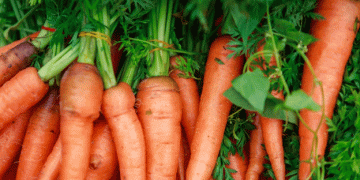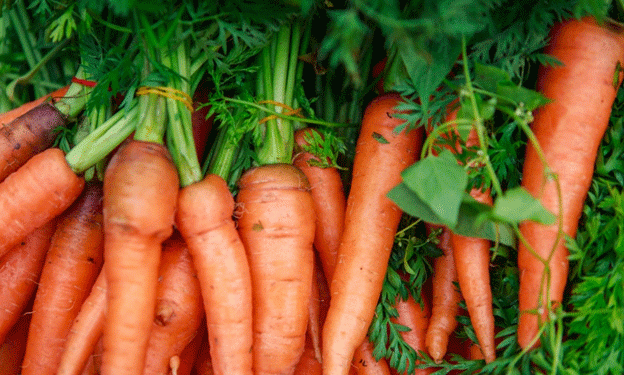The Irkutsk region has wrapped up its harvest of open-field vegetables, with preliminary reports indicating that a total of 31.1 thousand tons of produce have been collected from 900 hectares of land. The crops primarily consist of vegetables that form the traditional “borscht set,” a mix of essential ingredients such as cabbage, carrots, beets, onions, and garlic. This successful harvest is an important milestone for local agriculture and contributes to the region’s food security.
According to the Ministry of Agriculture of the Irkutsk region, the breakdown of the harvest includes 6.1 thousand tons of carrots, 15.6 thousand tons of cabbage, 6.1 thousand tons of beets, 2.7 thousand tons of onions, and 0.6 thousand tons of other vegetables. These numbers reflect a well-balanced production of both staple and traditional vegetables. The “borscht set,” which is particularly popular in Russian cuisine, is in high demand, providing local markets with fresh produce that supports both local consumption and regional food systems.
This successful harvest is also a testament to the effectiveness of the region’s agricultural practices. In recent years, the Irkutsk region has seen steady improvements in its agricultural output, with more advanced farming techniques and better crop management practices being adopted. The region has embraced the use of modern machinery, optimized irrigation systems, and crop rotation strategies, all of which have contributed to increased yields and reduced the environmental impact of farming.
The harvest from the Irkutsk region aligns with broader trends in Russian agriculture, where there has been a push for greater self-sufficiency in vegetable production. The Russian Ministry of Agriculture has set ambitious goals to reduce the country’s reliance on vegetable imports, particularly for crops that are essential to local diets. In 2023, the Russian government announced plans to increase domestic vegetable production by 5-7% annually, with regions like Irkutsk playing a pivotal role in this strategy.
One of the key benefits of this successful harvest is its positive impact on local economies. The increased production of vegetables creates opportunities for local farmers, provides jobs in rural communities, and contributes to the overall growth of the agricultural sector. Moreover, the surplus production can be used to strengthen regional food security, reducing the need for imports and stabilizing food prices in the region.
The completion of the open-field vegetable harvest in Irkutsk is a significant achievement for both local farmers and the region’s agricultural industry. With over 31,000 tons of produce collected, the harvest supports local markets and contributes to food security. This success highlights the importance of modern farming techniques and the role of regions like Irkutsk in achieving Russia’s broader agricultural goals of self-sufficiency and sustainability.































